Author Margaret Mitchell is remembered as one of the “first” citizens of Atlanta. Gone With the Wind, her novel of the Old South and the perseverance of heroine Scarlett O’Hara, stands as a literary classic which spawned one of the most famous motion pictures of all time. Until recently, however, Mitchell was relatively unknown for a gesture of kindness toward a small French town devastated by World War II.
Although her generosity to the people of Atlanta has been documented, and others have been the recipients of her philanthropy, it was not widely known that she had been instrumental in the rebuilding of the town of Vimoutiers until last July when the Associated Press published a report. Mitchell, the report noted, had written a check to rebuild the town’s hospital and enlisted the aid of the Pilot Club International to assist in financing the reconstruction of the remainder of the town, which had been mistakenly destroyed by Allied bombing.
The plight of Vimoutiers came to Mitchell’s attention when a friend, Denis Barois, a veteran of the French Air Force who had trained in Georgia during the war and traveled to Atlanta to meet Mitchell, wrote a letter explaining the situation. Barois had previously written to the author to tell her how much he had enjoyed Gone With the Wind. The two became friends, and when the former pilot returned to France and married a young lady from Vimoutiers, he thought his famous American friend might be willing to help.
Barois and Mitchell had corresponded frequently, sending one another small gifts. Mitchell sent items such as toothpaste and color film, which were scarce in postwar France. Barois, in turn, sent lace, perfume, and French magazines to Mitchell.
When the author was made aware of the devastation in Vimoutiers, she quickly mailed a check for an amount that is now unknown but was then sufficient to rebuild the local hospital. According to Marie-Christiane Boullard, the sister-in-law of Barois and the director of the Vimoutiers Historical Society, the grateful townspeople made Mitchell an honorary citizen in July 1949.
Boullard’s father was the hospital’s administrator at the time, and in a letter to him dated July 27, 1949, Mitchell wrote, “Nothing that has happened to me before has ever pleased and touched me as much as this honor which you and the Municipal Court of Vimoutiers have paid me.” The letter goes on to express Mitchell’s hope to visit the French town; however, weeks after writing, she was hit by a car in Atlanta and died, aged only 48 years.
In May 2008, a full 65 years after the errant Allied bombs had destroyed Vimoutiers, Bill Troost, whose great uncle was Mitchell’s second husband, attended a ceremony in the town during which a plaque commemorating the generous donation was dedicated.
“The circle of life sometimes brings wonderful things,” Boullard told the Associated Press. “If my sister had not met this young pilot who had trained in the United States and met Margaret Mitchell, we might never have gotten help from the Americans to rebuild.”
Interestingly, the only mention of Mitchell’s quiet contribution to the rebuilding of Vimoutiers that is present at Atlanta’s Margaret Mitchell House museum is a brief notation in a timeline on the museum’s website: “Helped to rebuild French town of Vimoutiers after World War II.”
Mitchell was said to have had a deep respect for the members of the armed forces and to have often assisted efforts on their behalf. However, perhaps no other humanitarian gesture on the part of the author has gone by with so little previous fanfare. Mitchell may, in fact, have wanted it that way.
Michael E. Haskew
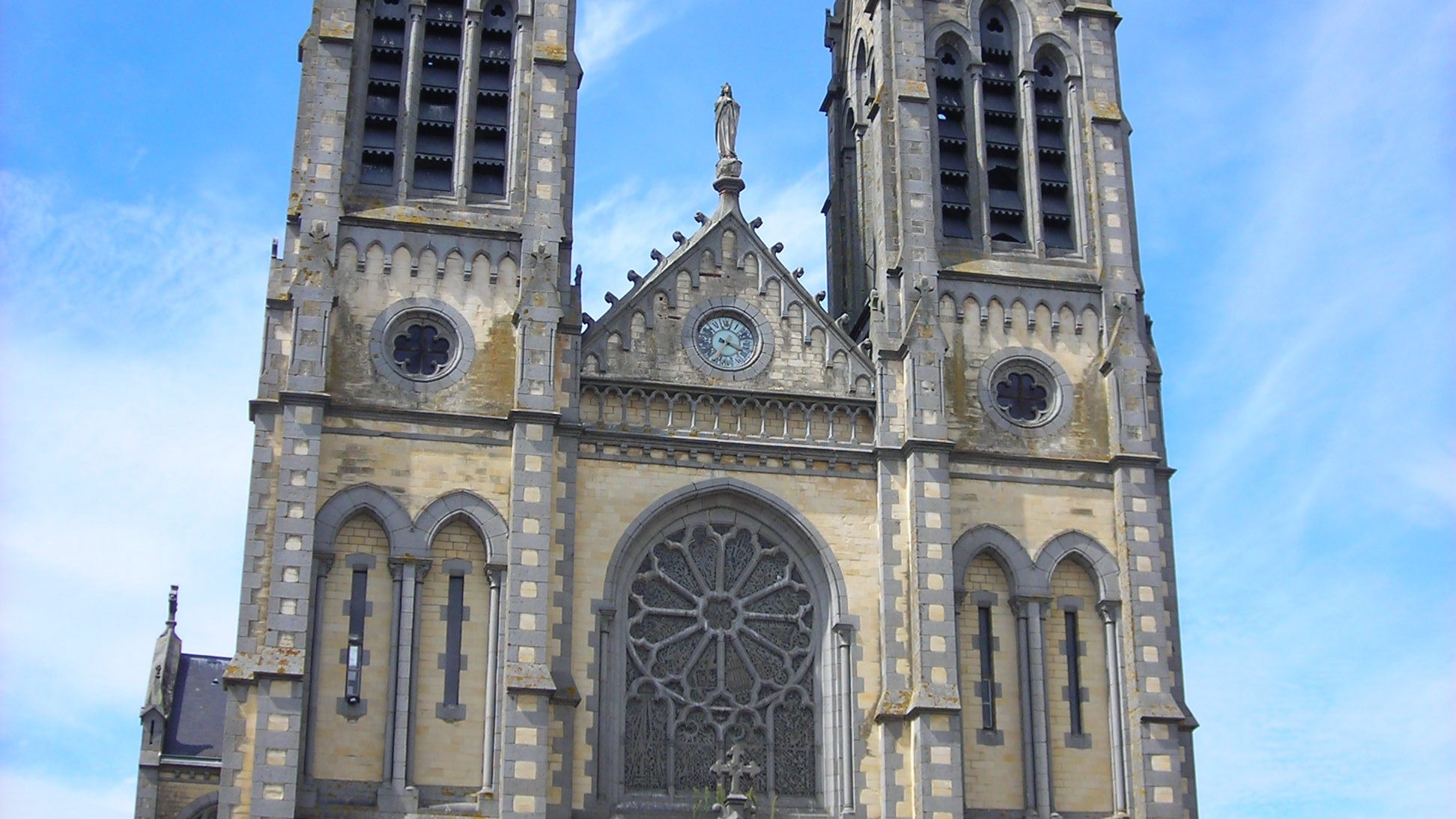
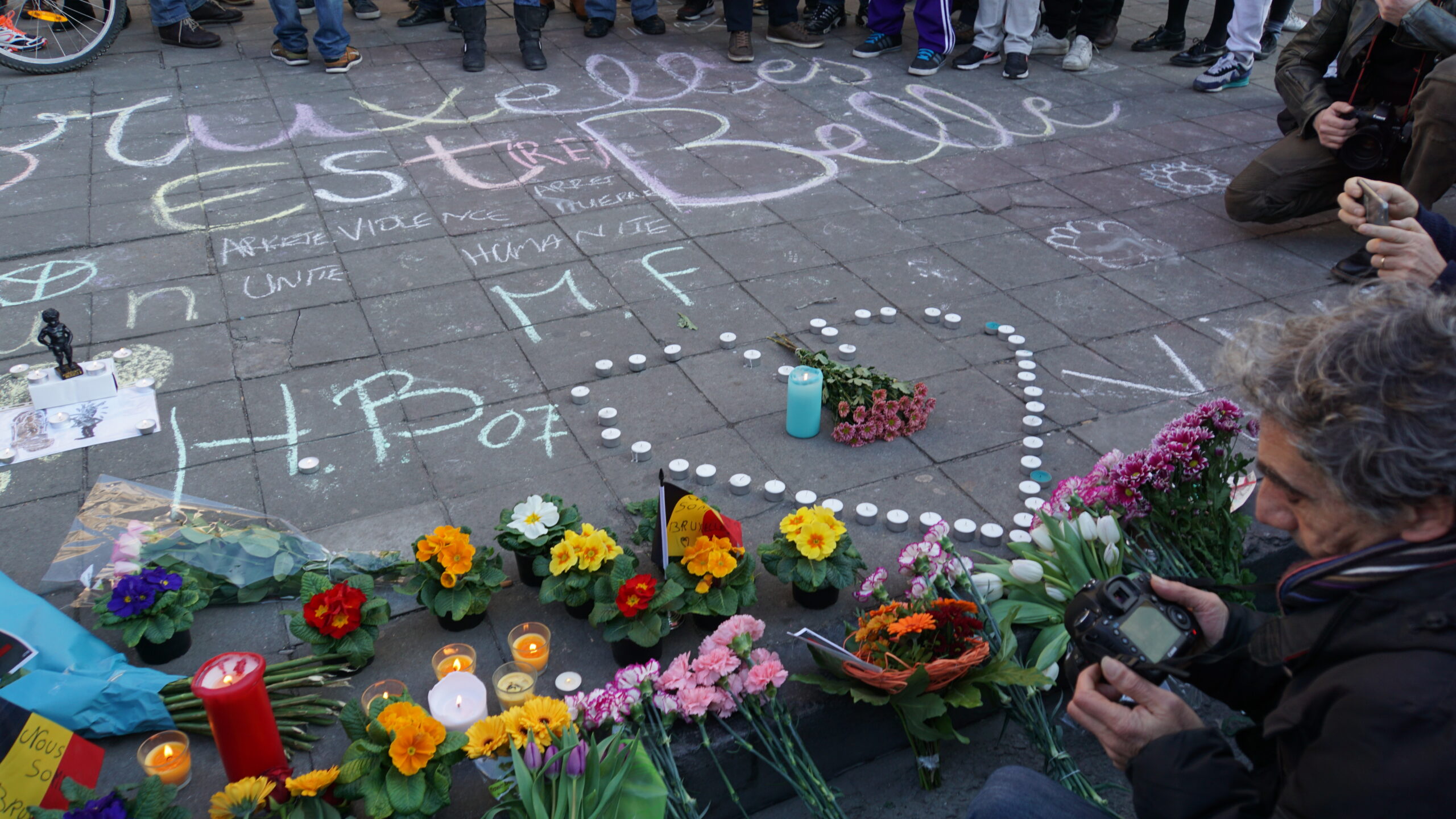
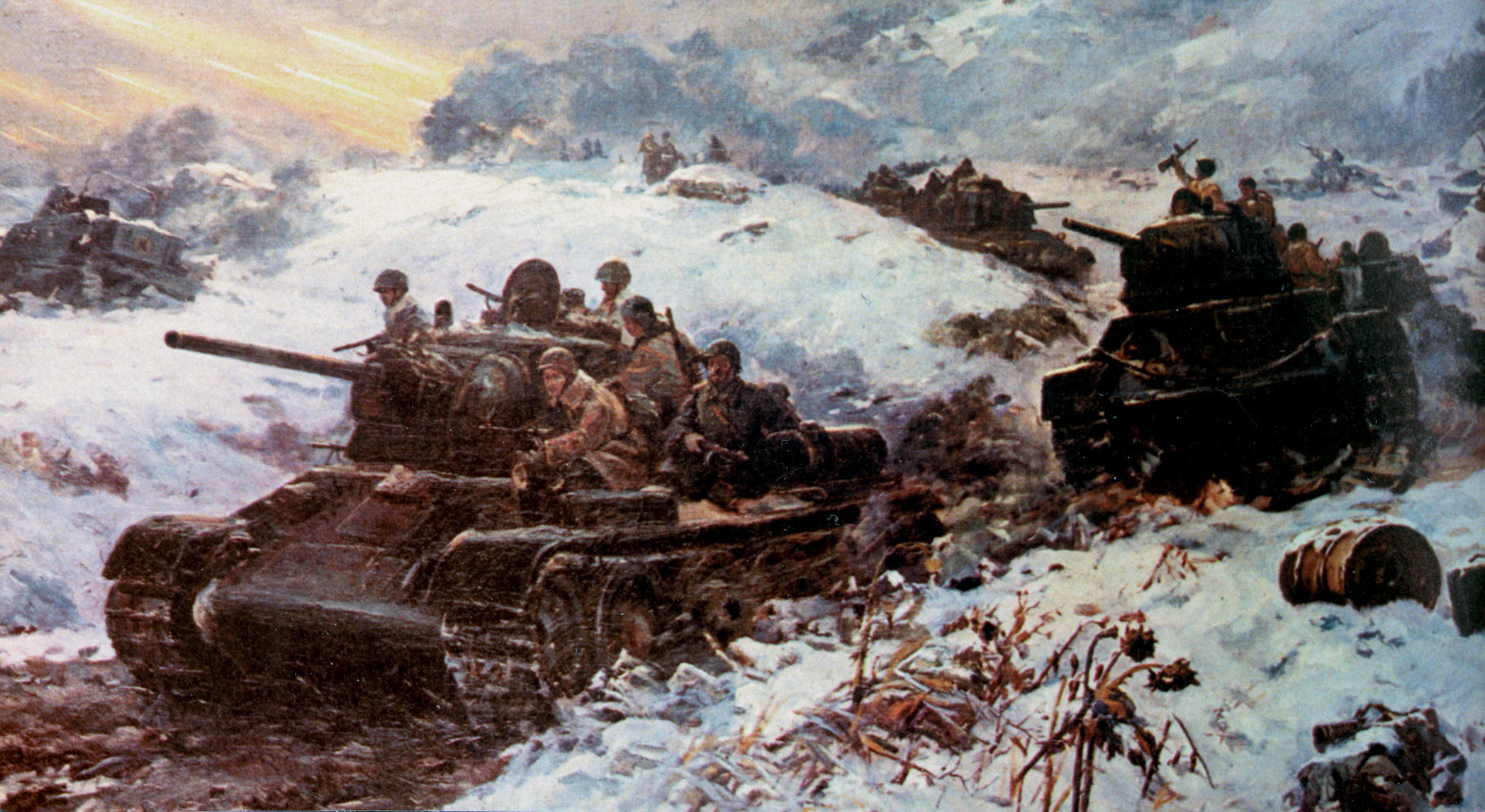
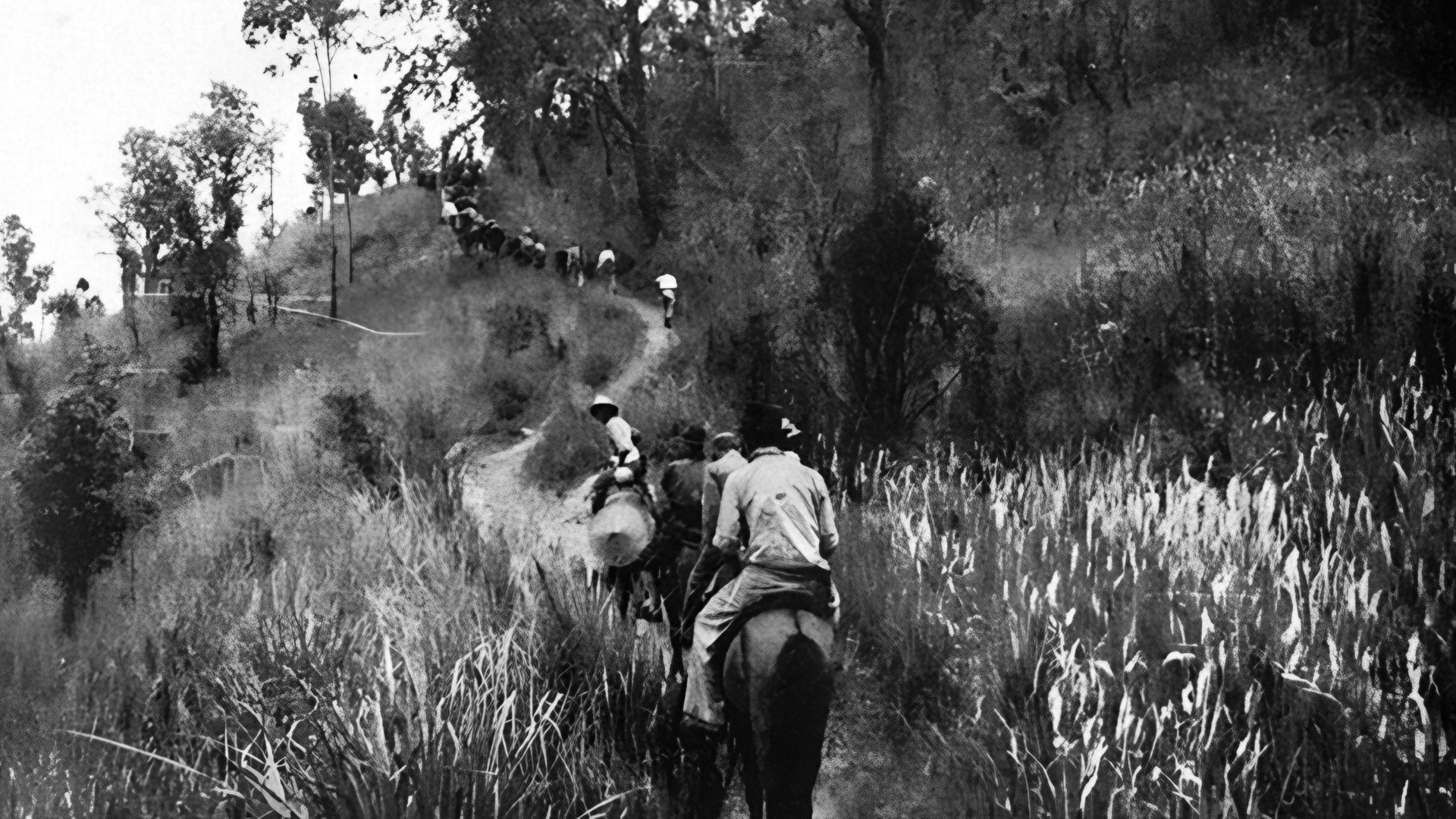
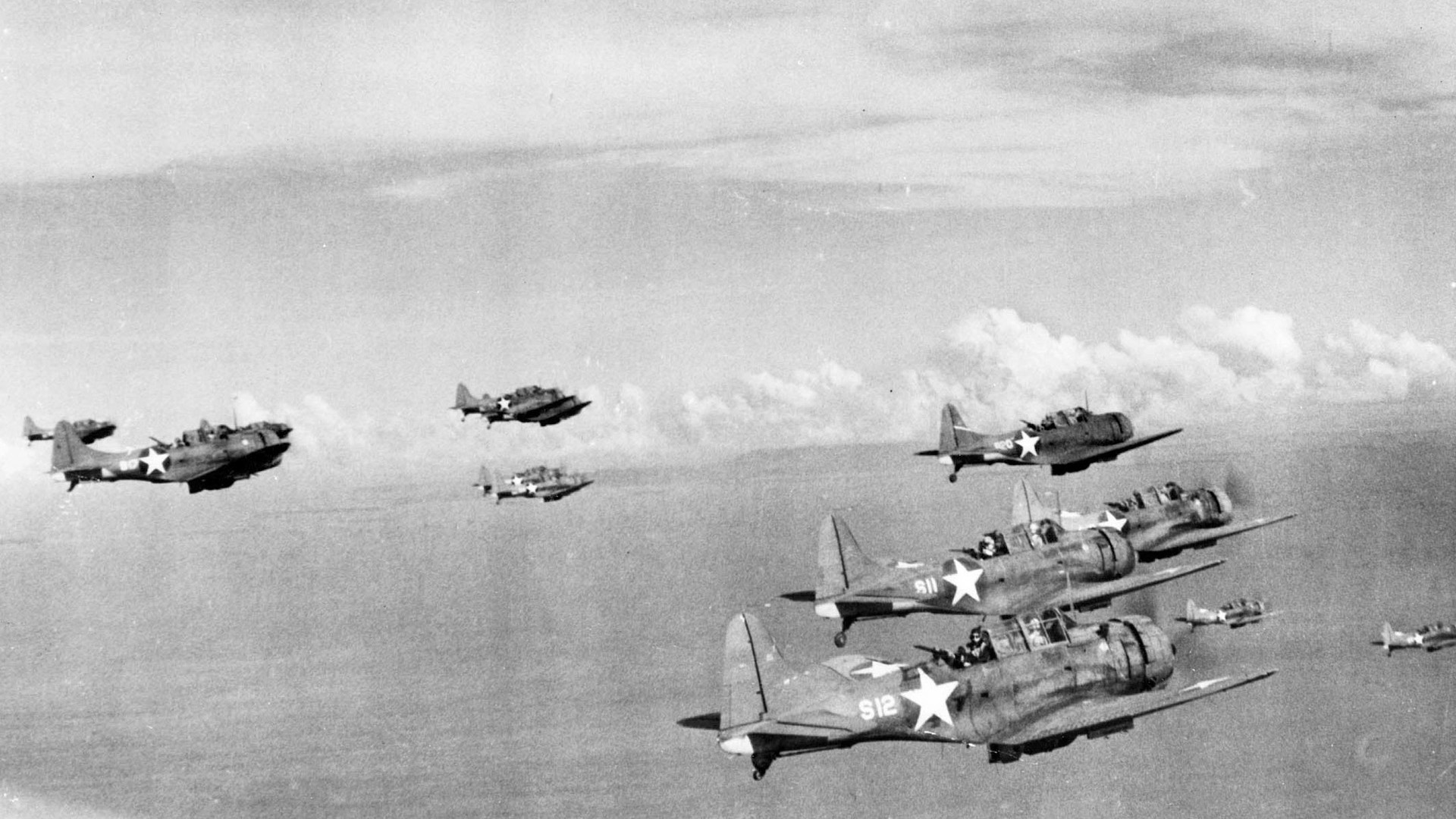
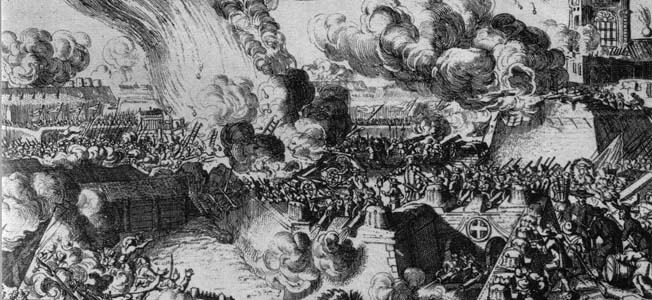

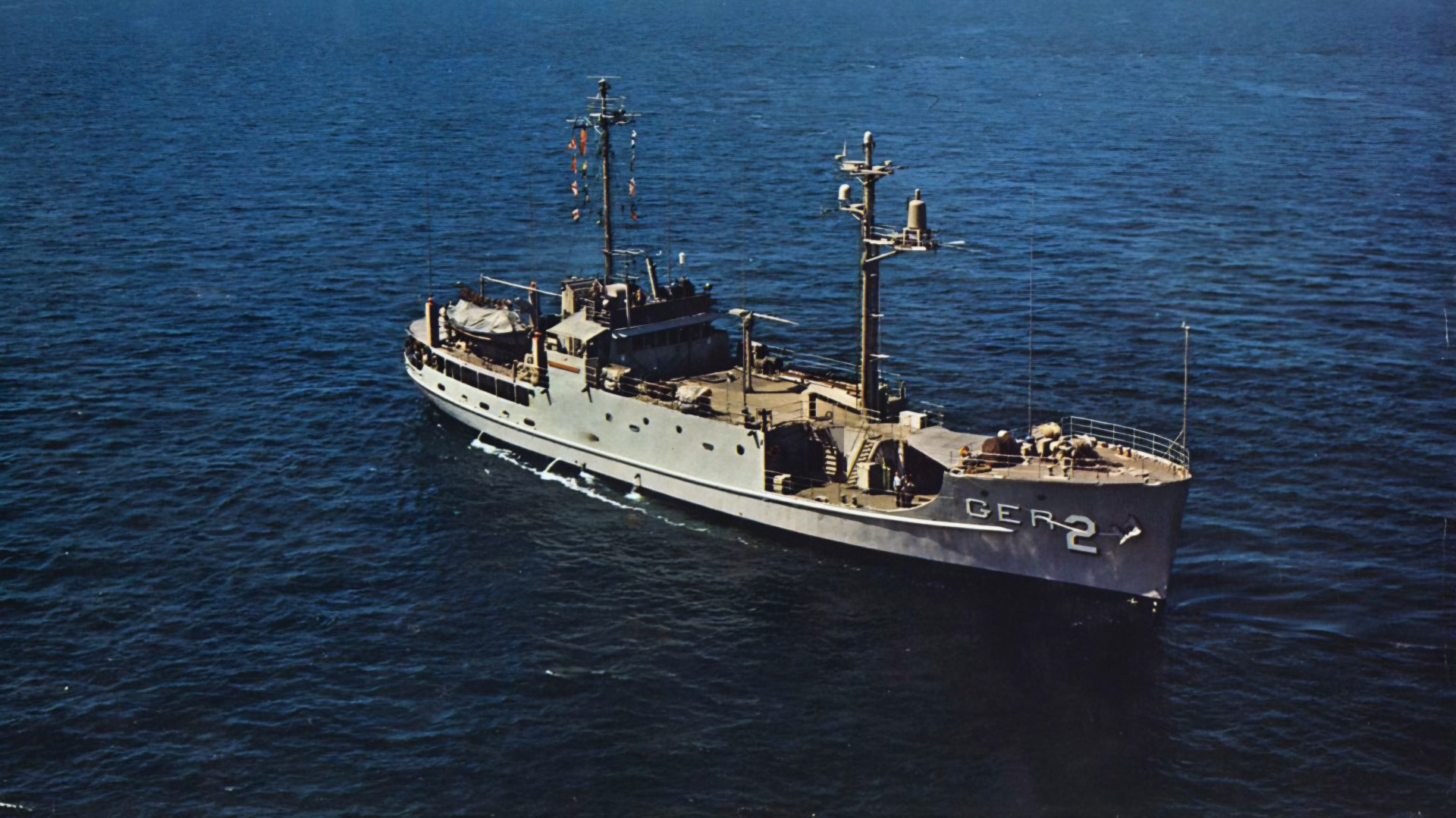

Join The Conversation
Comments
View All Comments